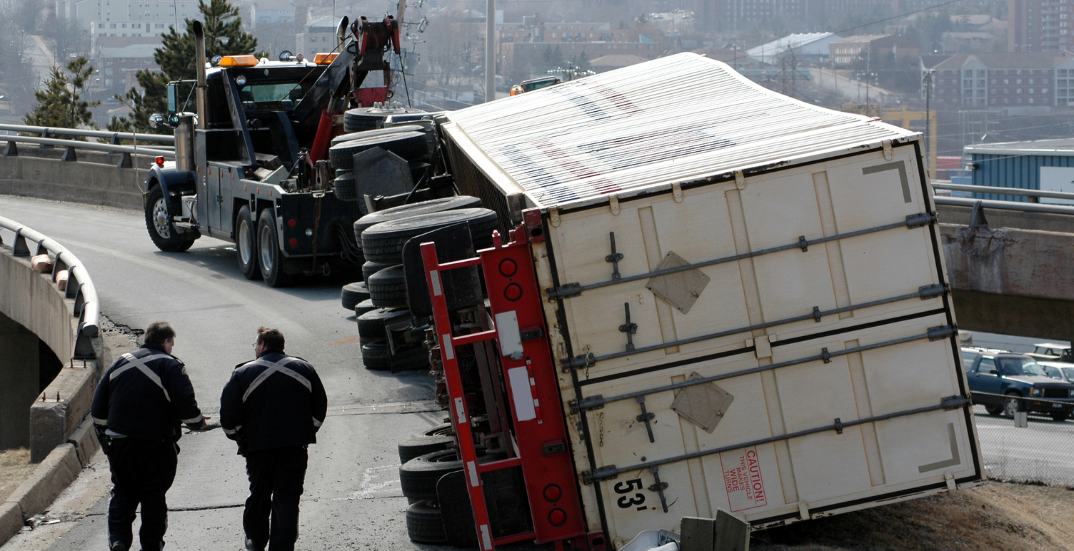
All states are responsible for setting time limits for filing criminal charges or civil claims in court. These time limits are called statutes of limitation and are in place to ensure the integrity of any evidence and witnesses related to the cases in question. In West Virginia, the statute of limitations in place depends on the type of case in question. It is always advisable to speak with an experienced Martinsburg personal injury attorney to understand how these timeframes apply to a particular case you may have.
Statute of Limitations for Personal Injury Claims in West Virginia
In West Virginia, there is a two-year time limit in place for personal injury claims. This means that a victim injured by the negligence of another person has two years from the date an injury occurs to file a personal injury lawsuit against the alleged at-fault party. In some cases, the “Discovery Rule” may apply in which a personal injury case can be filed within two years from the date a person discovers or should reasonably have discovered that an injury occurred due to another person’s negligence.
Statute of Limitations for Wrongful Death Claims in West Virginia
The statute of limitations for wrongful death claims in West Virginia is also two years. These cases arise when someone’s death is caused by the careless or negligent actions of another person, business, or entity. When this happens, the representative of the deceased person’s estate has two years from the date of death to file a wrongful death claim.
Statute of Limitations for Medical Malpractice Claims in West Virginia
Medical malpractice cases arise when a person is injured due to the negligence of a healthcare provider. When this happens, a medical malpractice lawsuit must be filed within two years from the date the injury occurred or two years from the date the injury is discovered or should have been discovered. This is an important distinction because a victim of medical malpractice may not discover that a mistake was made long after the initial mistake occurred.
For example, if a sponge is left behind inside a patient after surgery, that person may not experience any health complications until four years later (sometimes less time, sometimes more). In this case, the victim will have two years from the date they discover the object has been left behind to file a medical malpractice claim. However, West Virginia law also has what is called a “state of repose” which says that no claims of medical malpractice can be made 10 years after the date the medical mistake happened.
What Happens if an Injury Victim Misses the Statute of Limitations?
Statutes of limitation for these respective cases are strict deadlines. If an injury victim fails to file a lawsuit in the amount of time allowed under the law, their case will almost certainly be dismissed by the court. Victims who fail to file lawsuits in time will lose the ability to secure compensation for their losses.
Due to the nature of these cases, it is essential that anybody harmed due to the careless or negligent actions of another person speak to a skilled personal injury attorney as soon as possible. Family members of those killed due to the wrongful actions of another person need to seek assistance from a wrongful death attorney immediately.




